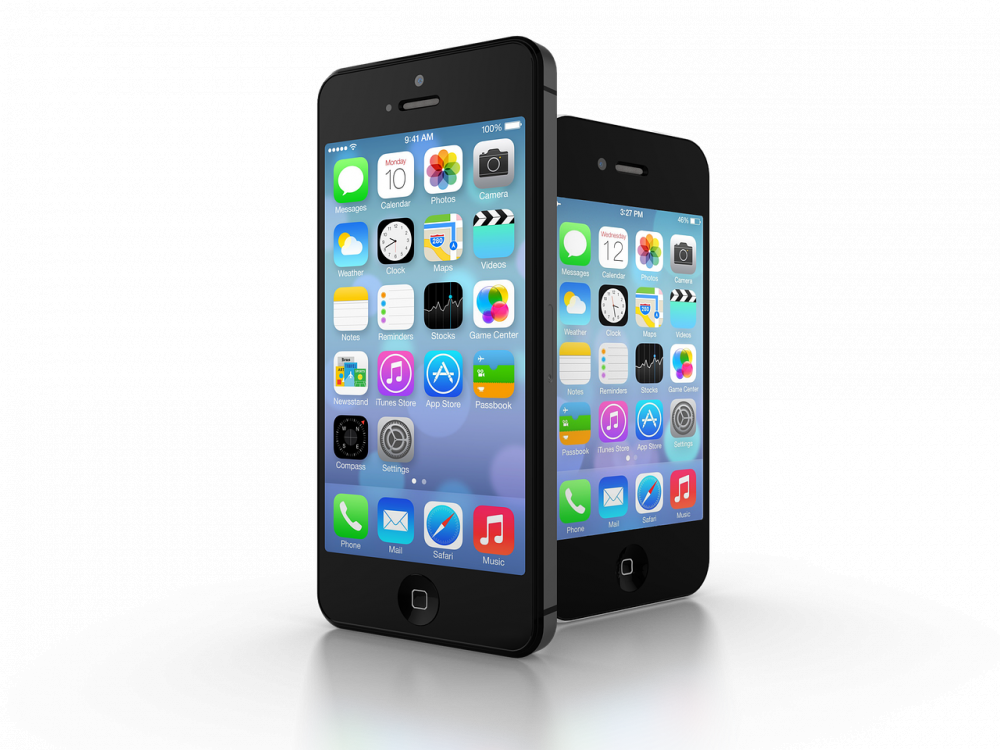Podcast App: Revolutionizing the Way We Consume Audio Content

Introduction
In today’s fast-paced world, where time is of the essence, people are constantly looking for ways to multitask and make the most out of their day. As a result, the popularity of podcasts has surged in recent years, providing a convenient and engaging way to consume audio content. In this article, we delve into the world of podcast apps, exploring their features, functionalities, and significance for tech enthusiasts.
What is a Podcast App?

A podcast app is a software application designed to enable users to discover, download, and listen to podcasts on their preferred devices. It provides a streamlined and user-friendly platform where users can explore a wide range of podcast genres, subscribe to their favorite shows, and access episode updates effortlessly. These apps often include features like customizable playlists, personalized recommendations, and offline playback, which enhance the user experience.
Historical Evolution
To understand the revolution that podcast apps have brought to the audio content landscape, we need to explore their historical evolution. The concept of podcasting originated in the early 2000s, with the term being a portmanteau of “broadcasting” and “iPod.” During this time, the popularization of MP3 players and the increased availability of broadband internet created the perfect environment for podcasting to thrive.
The birth of podcasting can be attributed to the advent of RSS feeds, which enabled the automatic delivery of audio content to subscribers. This breakthrough technology allowed listeners to receive new episodes of their favorite shows without manual syncing. Initially, users had to manually download podcast files from websites and sync them to their devices using iTunes or similar software. However, this process was time-consuming and cumbersome.
The first podcast app, known as “iPodder,” was developed by Adam Curry and Dave Slusher and was released in 2004. This application automated the process of downloading and syncing podcasts, making them more accessible to a wider audience. As the popularity of this new form of media grew, other podcast apps like Stitcher, Overcast, and Pocket Casts entered the market, each offering unique features and functionalities.
Key Features and Functionalities
Podcast apps have evolved significantly since their inception, offering a plethora of features and functionalities that enhance the listening experience. Some of the key features include:
1. Intuitive User Interface: Podcast apps prioritize user experience, providing a clean and intuitive interface for easy navigation and effortless content discovery.
2. Subscription Management: Users can subscribe to their favorite podcasts, ensuring they receive automatic updates and never miss an episode.
3. Personalized Playlists: Advanced podcast apps offer customizable playlists, allowing users to curate a collection of episodes based on their interests and preferences.
4. Offline Playback: Many apps enable users to download episodes for offline listening, ensuring uninterrupted access to their favorite shows, even without an internet connection.
5. Cross-Device Syncing: With cross-device syncing, users can seamlessly switch between devices without losing their progress or subscription data, providing a seamless listening experience across platforms.
6. Discoverability and Recommendations: Podcast apps utilize algorithms and user preferences to offer personalized content recommendations, making it easier for users to explore new podcasts that align with their interests.
The Impact of Podcast Apps
Podcast apps have revolutionized the audio content landscape by providing a platform that caters to the needs and preferences of tech enthusiasts. The convenience of on-demand listening, coupled with the vast variety of shows available, has transformed the way we consume audio content. Tech enthusiasts can now delve into niche topics, follow industry leaders, and stay up to date with the latest trends, all while going about their daily routines.
The portability of podcast apps allows users to listen to shows during their commute, while exercising, or even while doing household chores. With the ability to download episodes for offline listening, users no longer have to worry about accessing an internet connection, further enhancing the accessibility and flexibility of this medium.
Moreover, podcast apps have democratized audio content creation, providing a platform for individuals, experts, and organizations to share their knowledge, stories, and perspectives with a global audience. This has led to the emergence of diverse voices and perspectives, enriching the podcasting landscape and providing listeners with an array of options to choose from.
In conclusion, podcast apps have significantly transformed the way we consume audio content. With their user-friendly interfaces, personalized recommendations, and convenient functionalities, they have revolutionized the accessibility, portability, and discoverability of podcasts. As tech enthusiasts, embracing podcast apps opens up a world of possibilities, enabling us to stay informed, entertained, and inspired on the go. So, go ahead and dive into the immersive world of podcasts, and let the journey begin!











